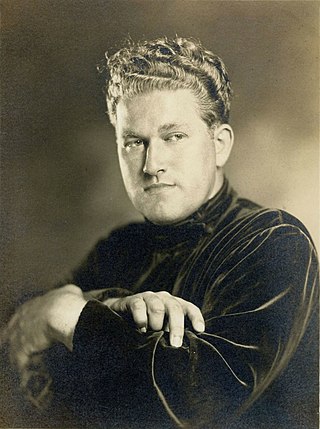
August William Derleth was an American writer and anthologist. He was the first book publisher of the writings of H. P. Lovecraft. He made contributions to the Cthulhu Mythos and the cosmic horror genre and helped found the publisher Arkham House. Derleth was also a leading American regional writer of his day, as well as prolific in several other genres, including historical fiction, poetry, detective fiction, science fiction, and biography. Notably, he created the fictional detective Solar Pons, a pastiche of Arthur Conan Doyle's Sherlock Holmes.

Ella Wheeler Wilcox was an American author and poet. Her works include the collection Poems of Passion and the poem "Solitude", which contains the lines "Laugh, and the world laughs with you; weep, and you weep alone." Her autobiography, The Worlds and I, was published in 1918, a year before her death.

Matthew Hale Carpenter was an American attorney and U.S. Senator representing the state of Wisconsin. He served in the Senate from 1869 to 1875 and again from 1879 to 1881. Recognized as an authority on constitutional law, he made some of the most important legal arguments of 19th-century America. Carpenter presented cases before the U. S. Supreme Court involving such matters as states' rights and regulation of corporations.

Patrick Joseph Lucey was an American politician. A member of the Democratic Party, he served as the 38th Governor of Wisconsin from 1971 to 1977. He was also independent presidential candidate John B. Anderson's running mate in the 1980 presidential election.
Jon P. Wilcox is an American lawyer and retired judge. He was a justice of the Wisconsin Supreme Court for 15 years, appointed by Governor Tommy G. Thompson in 1992 and leaving office in 2007. Prior to his time on the Supreme Court, he served for 13 years as a Wisconsin Circuit Court Judge, including seven years as Chief Judge of the 6th Judicial Administrative District of Wisconsin Circuit Courts. Earlier, he represented Green Lake and Waushara counties in the Wisconsin State Assembly as a Republican.
Wilcox is a surname. Notable people with the surname include:
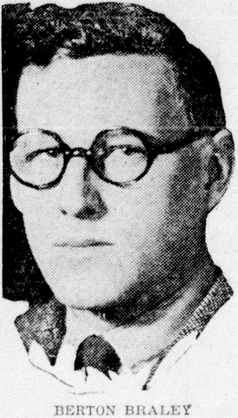
Berton Braley was an American poet. His best-known poem is "The Will to Win", written in a motivational tone.

Arthur Loomis Sanborn was an American lawyer and judge. He was United States district judge for the United States District Court for the Western District of Wisconsin, appointed by President Theodore Roosevelt, he served from 1905 until his death in 1920.
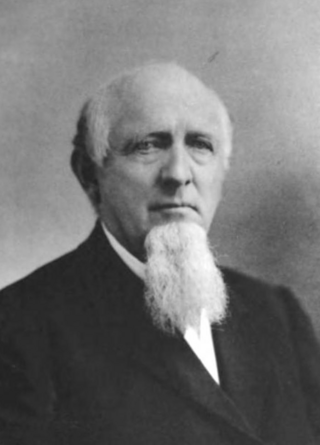
David W. Taylor was an American attorney, judge, and Republican politician. He was a justice of the Wisconsin Supreme Court for the last 13 years of his life (1878–1891). Previously, he served ten years as a Wisconsin circuit court judge and was a member of the Wisconsin State Senate and Assembly.

Silas Uriah Pinney was an American lawyer, jurist, and Democratic politician from Madison, Wisconsin. He was a justice of the Wisconsin Supreme Court from 1892 through 1898, and served as the 13th mayor of Madison. Outside of public office, Pinney was a renowned lawyer and legal scholar; he was the compiler and namesake of Pinney's Wisconsin Reports (Pin.), which are the official catalogue of Wisconsin Supreme Court decisions from 1838 through 1853. He also played an important role investing in the early development of the city of Madison; his mayoral term saw the establishment of the first public library in the city—the second public library in the state. He is the namesake of the Pinney Branch of the Madison Public Library.
William Robert Moser was an American lawyer and judge, he was Judge of the Wisconsin Court of Appeals for 13 years. Earlier, he was a Wisconsin Circuit Court judge in Milwaukee County, and represented Milwaukee County in the Wisconsin State Senate as a Democrat.

Edward George Ryan was an Irish American immigrant, lawyer, and Wisconsin pioneer. He was the 5th chief justice of the Wisconsin Supreme Court.
John Patrick Foley II was an American lawyer and jurist from Manitowoc, Wisconsin. He was a judge of the Wisconsin Court of Appeals from 1978 until his death in 1984, and was presiding judge of the 3rd Appeals district for his last three years. He previously served two years as a Wisconsin circuit court judge in northwest Wisconsin.

The Mansion Hill Historic District encompasses a part of the Mansion Hill neighborhood northwest of the capitol square in Madison, Wisconsin. In the 19th century the district was home to much of Madison's upper class, and held the largest concentration of large, ornate residences in the city, but in the 20th century it shifted to student housing. In 1997 the district was added to the National Register of Historic Places.

Sir Arthur Rutledge was a lawyer and politician in Queensland, Australia. He was a Member of the Queensland Legislative Assembly.

Robert Elmer Woodside, Jr. was an American politician and judge. He served four terms as a member of the Pennsylvania House of Representatives, one term as Attorney General, and one term on the Superior Court.
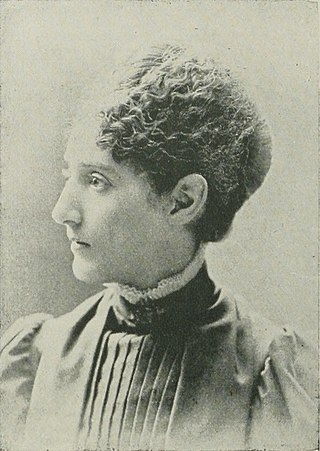
Ella Giles Ruddy was an American author and editor. She published a large number of essays on social science topics. Ruddy was the author of Bachelor Ben, Out From the Shadows, Maiden Rachel, and Flowers of the Spirit (verse). She also wrote stories for Harper’s Bazaar, literary sketches for Chicago Times, The Century, New York Evening Post, and others. She was the editor of Mother of Clubs. Her literary friends included Lilian Whiting and Zona Gale.
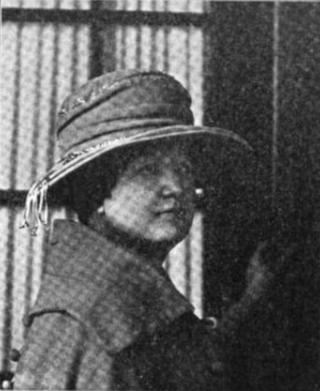
Flora E. Lowry was an American anthologist from Wisconsin, affiliated with the American Literary Association. In the early 1900s, she collected and catalogued the work of authors from the state. Lowry possessed what was perhaps the most complete private collection of books by Wisconsin writers and of data concerning Wisconsin authors in the state. Her activism led her to establish, design, and execute the "Hall of Fame for Wisconsin Authors".
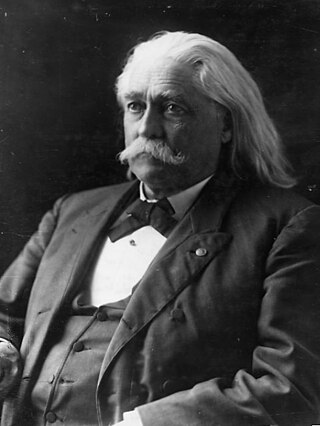
John Alexander Joyce was an Irish–American poet and writer. He served as a first lieutenant and regimental adjutant in the Union Army. He was indicted for his role as Internal Revenue Service agent in the Whiskey Ring.
















